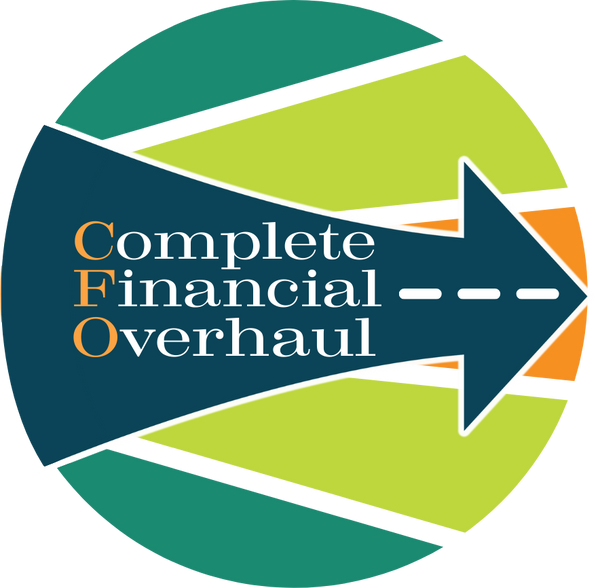Video
Day 4 - Reflect on Your Spending Habits
Take a Look in the Financial Mirror: Reflecting on Your Spending Habits
Welcome to Day 4 of your CFO journey! You’ve been doing amazing work tracking, categorizing, and identifying non-essential expenses. Today, we’re taking a moment to reflect on your spending habits. Think of it as a financial self-care day—time to understand your behavior and make improvements.
Why Reflecting on Spending Habits Matters:
- Self-Awareness: Reflection helps you become more aware of your spending habits and the reasons behind your financial decisions. This self-awareness is essential for making intentional and informed choices.
- Behavioral Insights: Analyzing your spending habits provides insights into your financial behavior. It helps you understand the triggers and motivations that influence your spending.
- Improvement Opportunities: Reflecting on your spending habits allows you to identify areas for improvement. It helps you recognize unhealthy spending patterns and develop strategies to change them.
- Financial Accountability: Regular reflection holds you accountable for your financial behavior. It encourages you to take responsibility for your spending choices and make adjustments as needed.
How to Start:
- Review Your Spending Journal: Look at your spending entries and categorized expenses. Identify any patterns or trends that stand out.
- Ask Reflective Questions: Consider questions such as:
- What motivates my spending?
- Are there specific times or situations when I tend to spend more?
- How do my spending habits align with my financial goals?
- Identify Strengths and Weaknesses: Recognize areas where you’re doing well and areas where you need to improve. Reflect on the factors contributing to both.
Tips for Success:
- Be Honest: Reflect honestly on your spending habits without judgment. The goal is to gain insights and make improvements, not to criticize yourself.
- Set Improvement Goals: Use your reflections to set specific, actionable goals for improving your spending habits. For example, aim to reduce impulse buys or increase savings.
Tools and Resources:
- Reflection Worksheet: A template to guide your reflection process and help you identify areas for improvement.
- Journaling Apps: Use apps like Day One to document your reflections and track your progress over time.
Additional Resources:
- Article 1: "Reflecting on Your Spending Habits: A Guide to Self-Awareness"
- Article 2: "How to Improve Your Spending Habits Through Reflection"
Benefits:
By the end of today, you’ll have a deeper understanding of your spending habits and actionable insights for making positive changes. This reflection will help you develop better habits and improve your financial health. Keep going, you're building a strong foundation!
Reminder: Keep up with your daily tracking, categorizing, and identifying non-essential expenses. Reflecting on your habits regularly will keep you aware and help you make better financial decisions.
